Democracy in Trouble: Duterte Allies Capture Senate
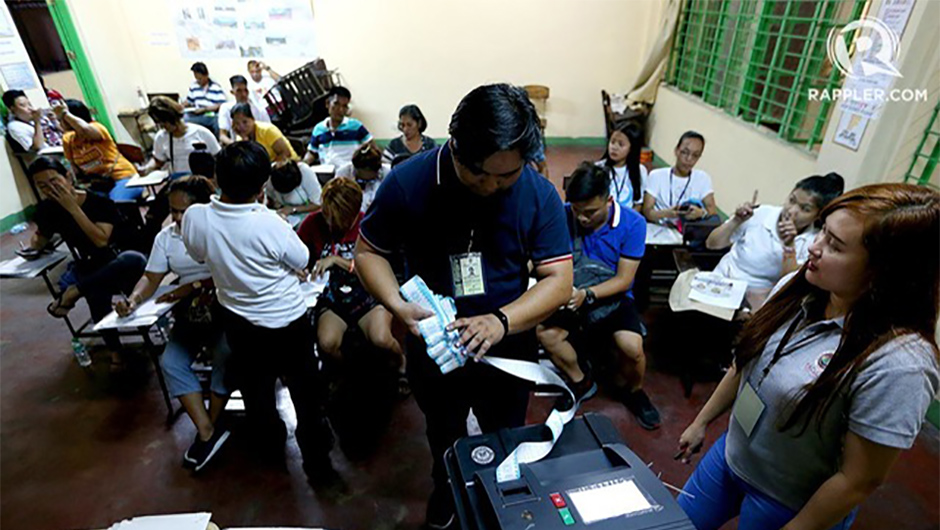
Allies of President Rodrigo Duterte are sweeping the Senate in the midterm elections with no opposition candidate expected to win—a first in three decades. The 2019 polls broke record, affirming Duterte’s popularity amid his controversial drug war, pivot to China, and autocratic rule.
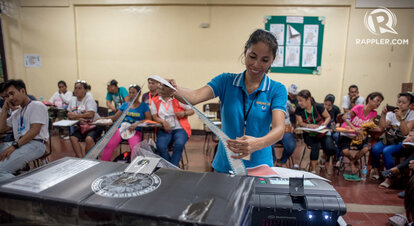
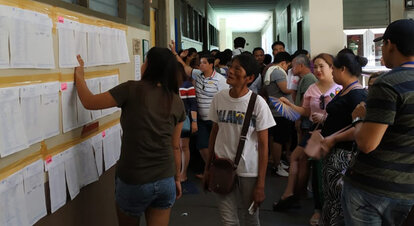
Since democracy returned to the Philippines in 1986, when the dictator Ferdinand Marcos was deposed in a popular revolt, all midterm elections have resulted in minority opposition victories in the 24-member Senate. Twelve Senate seats are up for grabs every midterm election and, in the past, anywhere from two to four opposition candidates have always won
Today, with a clear defeat of the opposition, fears are rife that Duterte will capture the incoming Senate, a body with a tradition of independence. The President, who wants the death penalty back, a shift to a federal form of government, and a lowering of the age of criminal liability—wherein 12-year old children in conflict with the law can be tried as adults—can renew his push for these measures.
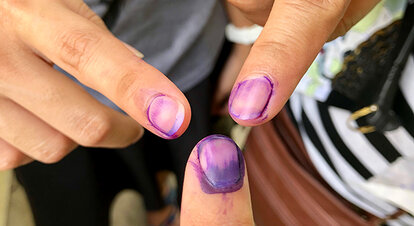
“Democracy is in trouble,” Socorro Reyes, an academic who studies politics, said in a television interview. “We need a genuine opposition, one that is organized and sustained.”
In the past, the Senate played an oversight role and provided check and balance. The question that hangs in the air is this: Will the Senate be able to consistently perform these functions in the next three years or until 2022, when Duterte’s term ends? This bears watching.
Ronald Holmes, president of a leading polling company, Pulse Asia, told me in an interview that public opinion may play a huge role in making the Senate independent: “You’d expect more of them to take independent positions especially on issues that they think that the public will not really support because they’re all politicians, anyway.” Holmes was referring to the fact that some of the senators harbor presidential ambitions.
As it is, Duterte already controls the House of Representatives and has packed the 15-member Supreme Court with his appointees.
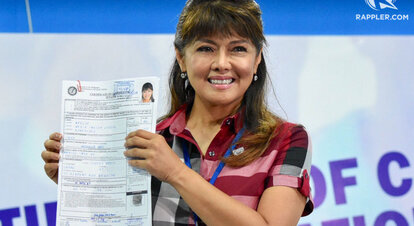
Hardcore loyalists
Of the 12 Senate winners, three are considered hardcore Duterte loyalists: Christopher “Bong” Go, the President’s former aide; Ronald “Bato” de la Rosa, the former police chief who presided over the bloody drug war in 2016; and Francis Tolentino, an adviser to the President.
Imee Marcos, daughter of the late dictator, ran with the administration ticket. Her family, which dominates politics in the province of Ilocos Norte in northern Philippines, has closely allied itself with President Duterte and his daughter, Davao City Mayor Sara Duterte. Sara is emerging to be a power broker: she initiated the move to change the House of Representatives Speaker, with the backing of her allies, and formed a regional political party with ties to senatorial candidates.
When the new Senate convenes in July, only four of the 24 senators will belong to the opposition. They are: Senators Frank Drilon, Francis Pangilinan, Risa Hontiveros, and Leila de Lima. However, de Lima is detained.
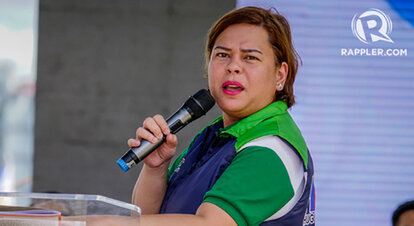
Irony
The midterm elections punctuated the reality that Duterte has a strong base that actively supports him. Thus, Walden Bello, sociology professor and former member of the Philippine Congress, sees the elections as an “instrument for the consolidation of authoritarian rule not because of electoral manipulation but because of a very active base especially within the middle class” that supports the President.
“One has to face the fact that you have quite a popular person who’s violating the liberal rights and freedoms of democracy and yet is quite popular because of that,” Bello said in an interview.
Here lies the irony: A process that is at the heart of our democracy is the same process that leads to its weakening. As the authors of the book, How Democracies Die, wrote in 2018: “Democratic backsliding today begins at the ballot…The tragic paradox of the electoral route to authoritarianism is that democracy’s assassins use the very institutions of democracy—gradually, subtly, and even legally—to kill it.”
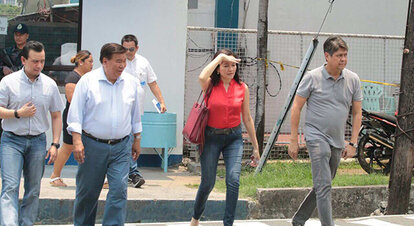
Challenges for the opposition
The years ahead will be a tough fight for the opposition. The Liberal Party and its allies, such as the party-list groups Akbayan and Magdalo, have to unite with other anti-Duterte organizations and revive their ranks for the presidential elections ahead. At the moment, they are fragmented.
The opposition can learn from other countries’ experiences. The Duterte playbook is not unique to the Philippines. We are in the company of Poland, Hungary, Turkey, and Russia.
Building their strength for 2022 begins today, from recruiting and organizing grassroots constituents, strategically communicating their messages, raising funds, and influencing and shaping the national conversation both in social media and person-to-person dialogues. In the Senate, minority senators will need to form alliances based on issues.
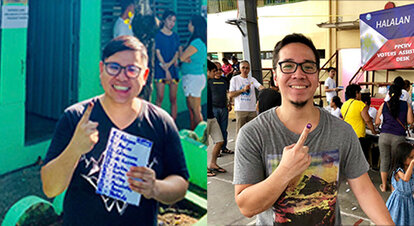
As election lawyer Emil Marañon III said in a Rappler interview, “Organizing for the presidential elections begins the day after the midterms.” There is no time to waste.
Marites Danguilan Vitug is an author and journalist. Currently, she is editor-at-large of Rappler.